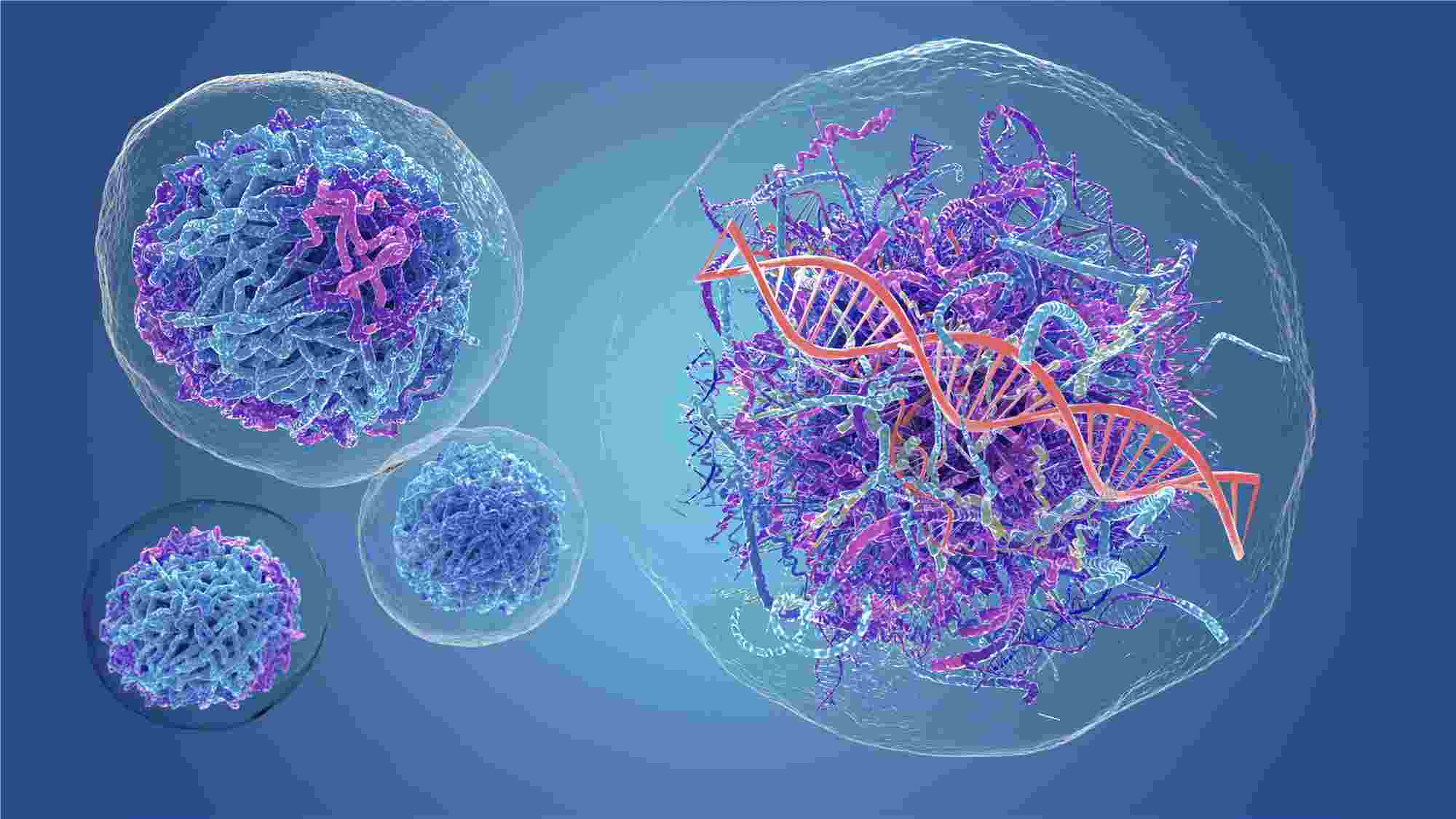
Using synthetic biology methods allows for the more efficient production of highly complex drug molecules compared to traditional chemical methods, with increased stability and controllability. Many drug components are currently […]

Among the first-generation ADC drugs, traditional chemotherapy drugs such as methotrexate, vinblastine, and doxorubicin were used as cytotoxic payloads. However, due to insufficient cytotoxicity and selectivity against tumor cells, the first-generation […]

The concept of ADCs was first proposed by Nobel Prize winner Paul Ehrlich in 1913. But it was not until 1975, when hybridoma technology began to be used to produce monoclonal […]

During the COVID-19 pandemic, the success of mRNA vaccines has greatly propelled the development of mRNA therapeutics. mRNA is a negatively charged nucleic acid that serves as a template for protein synthesis […]

Antimicrobial peptides (AMPs) are naturally occurring peptide molecules found in various organisms, including humans, animals, plants, and microorganisms. These peptides play a crucial role in the innate immune system’s defense against microbial […]

Glycosylation is a complex form of post-translational modification that affects more than 50% of cellular proteins and is a key regulator of many eukaryotic processes. Aberrant glycosylation is a common […]

PROTACs, a novel therapeutic approach, have garnered interest from numerous pharmaceutical companies, including Merck, Genentech, Pfizer, Novartis, Arvinas, C4 Therapeutics, Haisco Pharmaceutical, Kintor Pharmaceutical, and BeiGene. Currently, approximately 20 PROTACs […]

The Background of mRNA Vaccines At the beginning of 2020, the COVID-19 outbreak occurred. To establish a protective barrier against the pandemic, it was essential to rapidly develop safe and effective vaccines. mRNA vaccines […]

Antibody-Drug Conjugates (ADCs) are new therapies that combine the high targeting of monoclonal antibodies with the strong cytotoxicity of small molecule cytotoxins. Due to its precise and powerful mechanism of action, […]

PEG-Lipid derivatives have the advantages of increasing the stability of liposomes, extending the half-life of blood circulation, improving tumor targeting efficiency and enhancing drug efficacy. In-depth study of the effects of […]
